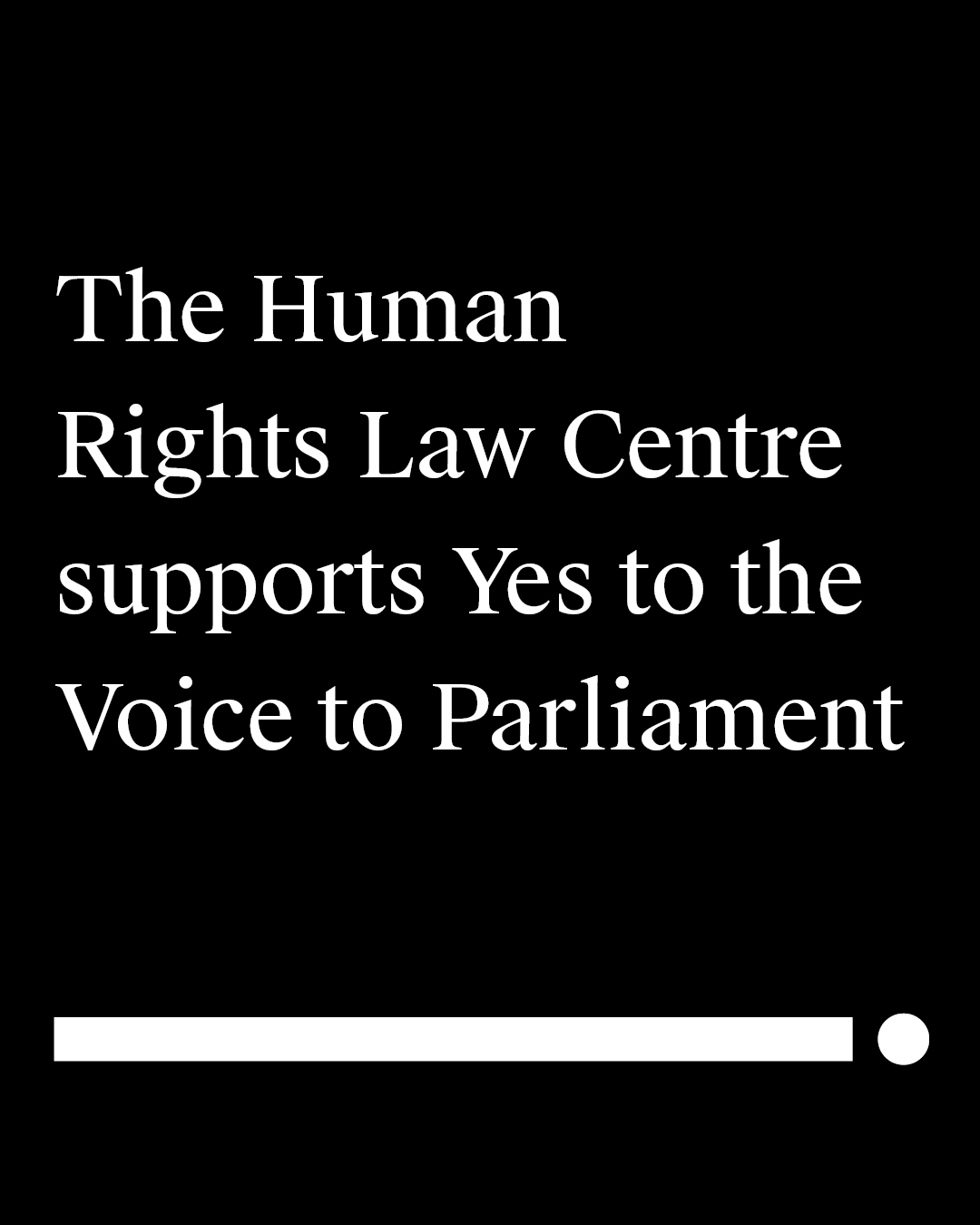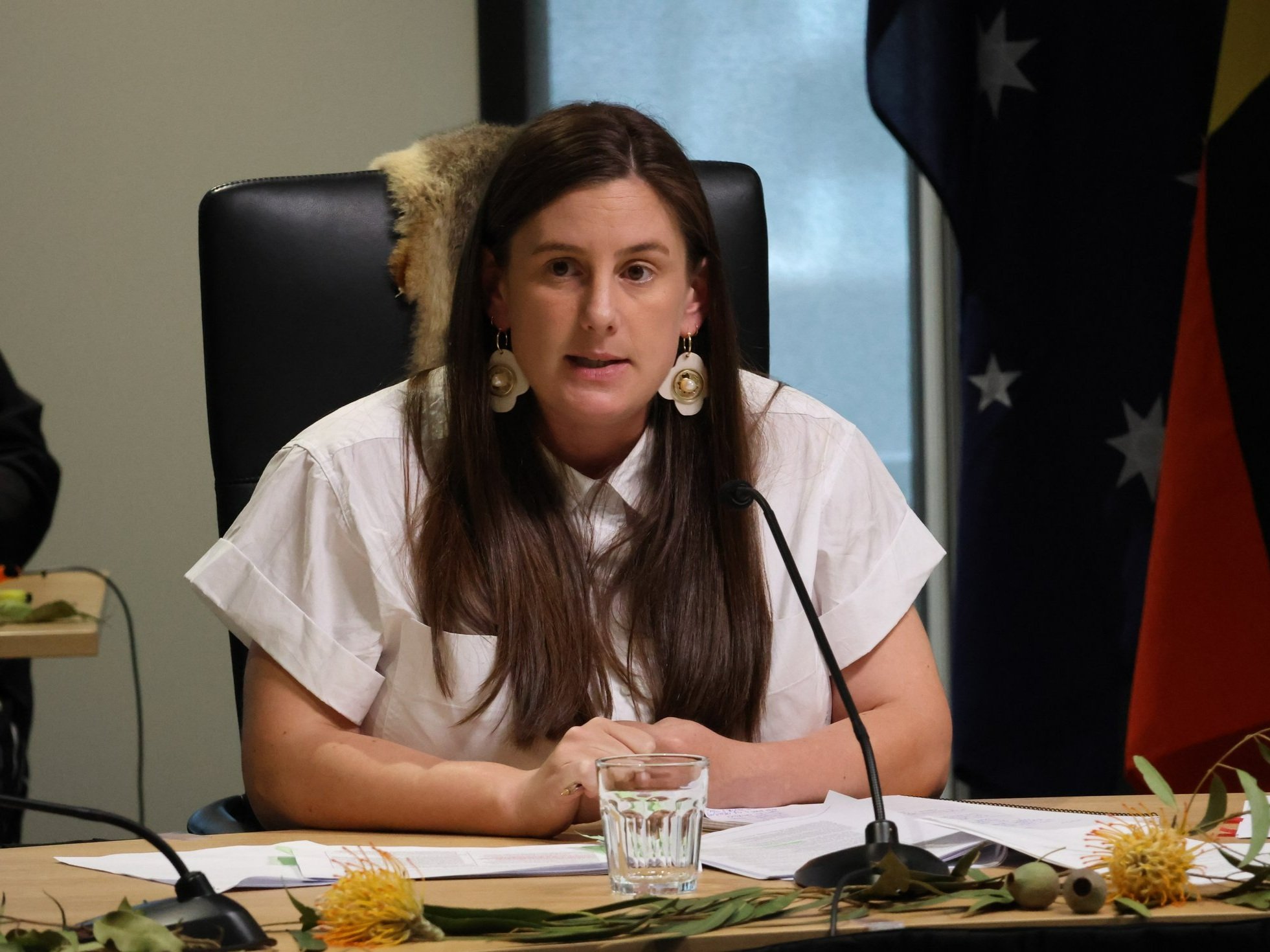Australia’s migration laws should aim to reunite people with their loved ones, not deliberately keep them apart. The Human Rights Law Centre advocates for an end to cruel migration policies that intentionally separate families.
Read MoreProtection for journalists’ sources is a vital component of press freedom. Together, the media and their sources bring transparency and accountability. Without whistleblowing, public interest journalism is often not possible; and wrongdoing remains hidden. Which is why it is absolutely crucial for press freedom in Australia that whistleblowers are protected, not punished.
Read MoreThe Human Rights Law Centre supports all elements of the Uluru Statement from the Heart – the establishment of a First Nations Voice enshrined in the Constitution, Treaty and Truth-telling.
Read MoreThe Human Rights Law Centre and Maurice Blackburn are supporting the Berati family in legal action to hold the Australian Government and G4S to account for Reza Berati’s murder at a Manus Island detention centre in 2014
Read MorePeople seeking safety in Australia should be treated with dignity and respect, not banished to a detention camp in another country. The Human Rights Law Centre continues to call for an end to this shameful policy.
Read MoreFirst Nations people must work until they're 67 before getting the pension, just like white people. But we have a much lower life expectancy.
Read MoreAustralians should not be punished for speaking the truth. When courageous whistleblowers speak up about human rights violations, government misfeasance or corporate misdeeds, we can demand action.
Read MoreWhistleblowers are vital actors in our democracy, upholding our right to know. Without them – and the public interest journalism they make possible – corruption and human rights abuses go unaddressed. In recent weeks, Senator David Pocock and members of parliament Zoe Daniel and Andrew Wilkie have all given voice to whistleblowers.
Read MoreVictoria has some of Australia’s most dangerous and discriminatory bail laws that are disproportionately impacting Aboriginal women and women experiencing disadvantage. The Human Rights Law Centre is advocating with partners for the Victorian Government to implement reforms to make Victoria’s bail laws fair.
Read MoreWestern Australia was the last state where abortion remained in the criminal code. In September 2023, a landmark milestone for equality and reproductive rights was achieved when the Western Australia Parliament finally passed new health-focused abortion laws that will see abortion removed from the state’s criminal laws.
Read MoreOur new major report, Together in Safety, exposes the Australian Government’s deliberate and systematic approach to keeping refugee families apart.
Read MoreThe Human Rights Law Centre is expanding our work fighting for climate and environmental justice. Using our srategic litigation and advocacy expertise, this new program area will push governments and companies to set more ambitious climate targets, protect human rights and secure the reforms needed for a sustainable future.
Read MoreThe freedom to protest is fundamental to our democracy, but for years, protest rights across Australia have been under a sustained attack. The Human Rights Law Centre is fighting attacks on our right to protest through advocacy and strategic litigation.
Read MoreNo one should be subjected to abuse in prisons and places of detention. Yet cruel and degrading treatment is all too common in prisons and police cells across Australia. The UN’s anti-torture treaty, the Convention Against Torture and the Optional Protocol to the Convention Against Torture (OPCAT), are designed to end the mistreatment of people behind bars.
Read MoreStrip searching is carried out routinely in Australian prisons, despite the availability of non-invasive alternatives. Strip searches rob people of their dignity and can be traumatising for survivors of abuse. The Human Rights Law Centre advocates for an end to the use of routine strip searching in Australian prisons.
Read MoreFor almost five years, the Australian government refused to process Abdullah and Fatima’s family visa application, so the Human Rights Law Centre supported the family to challenge the delay in court
Read MoreThe Human Rights Law Centre is advocating to change regressive bail laws across the country that are driving up the number of unsentenced people in prison. These dangerous laws are not making the community safer, instead, they are increasing the overrepresentation of Aboriginal and Torres Strait Islander people in prisons and targeting women experiencing disadvantage.
Read MoreThe Human Rights Law Centre is supporting the North Australian Aboriginal Justice Agency (NAAJA) in their intervention in the coronial inquest into the police-shooting death of Warlpiri and Luritja teenager Kumanjayi Walker. The Human Rights Law Centre is assisting NAAJA to highlight systemic injustices experienced by Aboriginal people in the Northern Territory, including systemic racism in policing.
Read MoreChildren do not belong behind bars. Yet across Australia, children as young as 10 can be charged by police and locked up in prison. Due to systemic injustice, this is disproportionately impacting Aboriginal & Torres Strait Islander children. The Human Rights Law Centre is a founding member of the #RaisetheAge campaign which seeks to raise the age of criminal responsibility from 10 to at least 14 years old Australia wide.
Read MoreThe Victorian Aboriginal Legal Service, the Human Rights Law Centre and proud Wakka Wakka man Dennis brought a legal challenge in the Federal Court. The case called for Aboriginal and Torres Strait Islander people to be able to access the age pension earlier, to account for the gap in life expectancy.
Read More




















